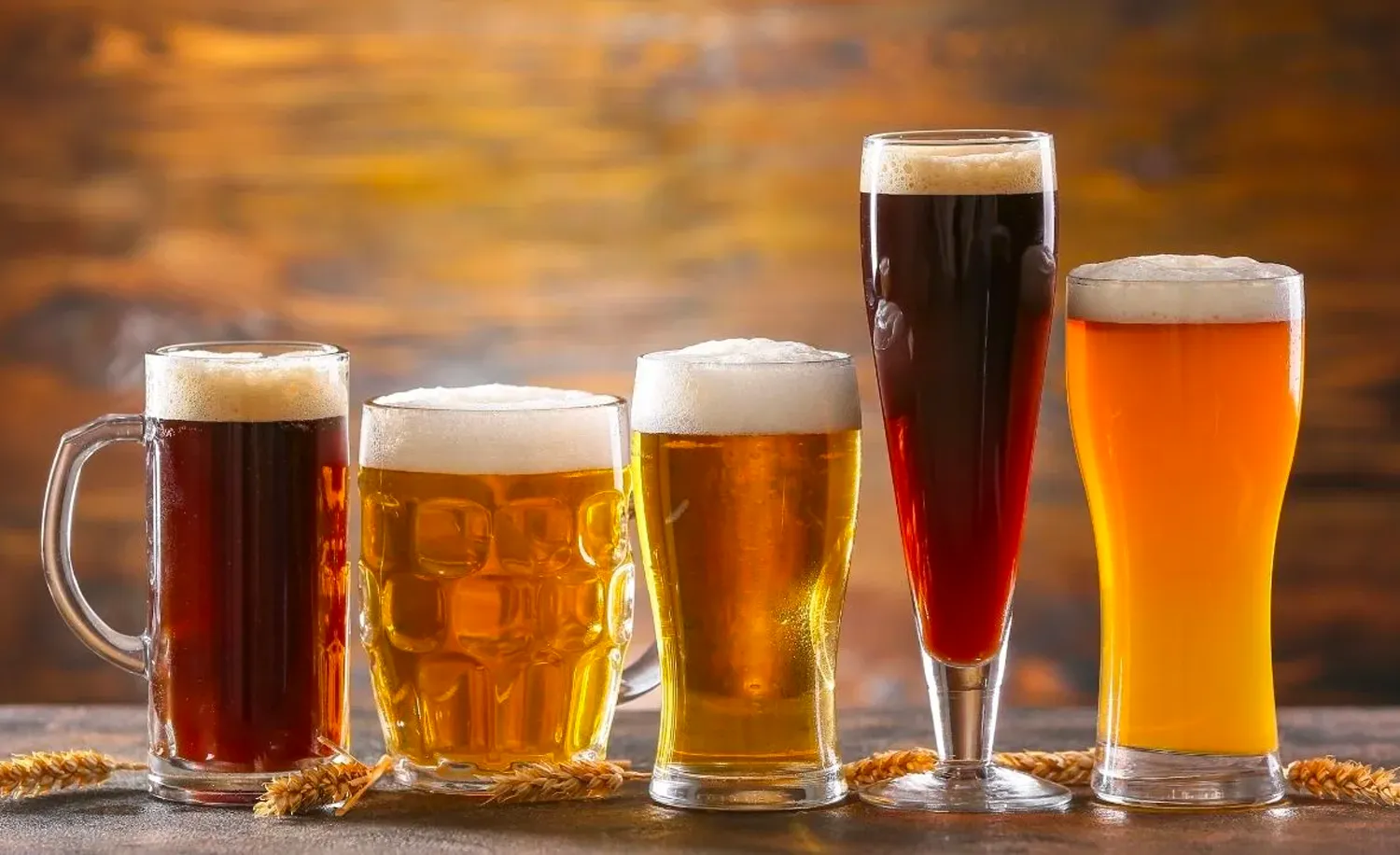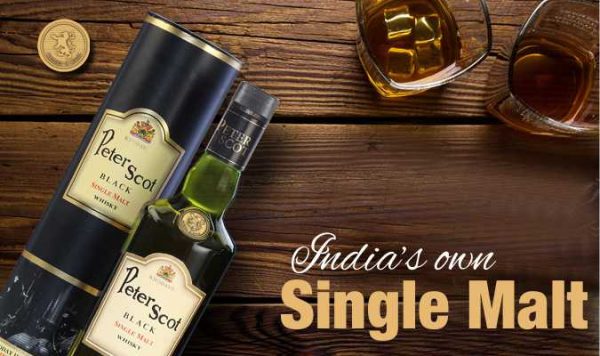By-products in alcohol manufacturing are taxed

Although alco-beverages meant for human consumption are outside the scope of levy of Goods and Services Tax (GST), as per the present scheme of Constitution of India and GST law, by-products obtained during the manufacture of alcohol could be taxed under the GST law.
The by-products such as Distillery Dry Grain Soluble (DDGS) and Distillery Wet Grain Soluble (DWGS), which are brewing and distilling activity’s by-products, are obtained as by-product during the manufacture of alcohol. Such products are sold and used as cattle feed.
These are not exempt from levy of GST but liable to levy of GST @ 5 percent (i.e. 2.5 percent CGST, 2.5 percent SGST) as per S.No. 104 of First Schedule to Notification No. 1/2017-CT (Rate) dated 28.06.2017 and not exempt wide S. No. 104 of Notification No. 2/2017-CT (Rate) dated 28.06.2017.
In one of the Appellate Advance Rulings reported recently, In Re: Allied Blenders and Distillers Pvt. Ltd. (2023) 70 GSTL 387; (2023) 96 GST 275; (2023) 146 taxmann.com 352; (2022) 12 TMI 809 (AAAR, Telangana), this issue came up in an appeal against advance ruling where in ruling was given as follows.
The issue raised was whether the sale of produces Distillery Wet Grain Soluble (‘DWGS’) and Distillery Dry Grain Soluble (‘dDgS’) -’Cattle feed’ undertaken by the applicant is covered under serial no 102 of Notification No. 02/2017 -Central Tax (Rate) dated 28 June 2017 and whether these commodities are exempt from payment of GST?
The ruling was that no, both the commodities fall under S.No. 104 of Notification No. 01/2017 and are taxable at the rate of 5 percent.
M/s Allied Blenders is primarily engaged in the manufacturing of alcohol. In the process of manufacturing alcohol, the applicant produces certain byeproducts by names-distillery dry gain soluble (DDGS) and distillery wet grain soluble (DWGS). They contended that these are sold only as cattle feed as they have no other ‘known commercial uses’.
In appeal, it was submitted that no attempt was made by the AAR to appreciate the submissions made by the appellant in support of the contention that based on end use and common parlance. DDGS and DWGS are considered as cattle feed and consequently exempt from tax in terms of Sl.No.102 of notification No.02/2017 Central Tax (rate) dated: 28.06.2017.
Further, Tariff Heading 2309 covers ‘Preparations of a kind used in animal feeding.’ The end user test requires to examine the end use or the dominant use of the product i.e. how is the product used by the end user or the dominant user. The end user test will however have to be applied depending upon the nature of the tariff entry.
However, the Appellate Authority observed that the plea of the applicant is not tenable in view of the fact that the impugned product is a by-product of brewing or distilling activity. Only end use of the product could not be a criterion for arriving at a classification. Further, when a specific entry under a notification is available, the same will override the general entry in a notification. Since in this case, Sl. No. 104 of Notification No. 1/2017-CT(R) covers brewing or distilling dregs and waste, the same will override the entry at S.No. 102 of Notification No. 2/2017- CT(R), dated 28.6.2017.
Also, CBIC had issued a Circular No. 163/19/2021-GST dated 06.10.2021 which clarified that brewers’ spent grain (BSG), dried distillers’ grains with soluble [DDGS] and other such residues are classifiable under heading 2303, attracting GST at the rate of 5 percent (S. No. 104 of Schedule I of notification No. 1/2017-Central Tax (Rate) dated 28.06.2017).
The original ruling was therefore upheld and such by products were held to be taxable at 5 percent. The takeaway from this ruling is that manufacturers of alco-beverages should be careful in classification of their products and by-products and should choose their classification / tariff / HSN code keeping in mind the intent of legislature.
All that comes from distilling or brewing processes may not be out of tax net. Only and only alcoholic beverages, that too meant for human consumption, shall not be taxed under Goods and Services Tax.








